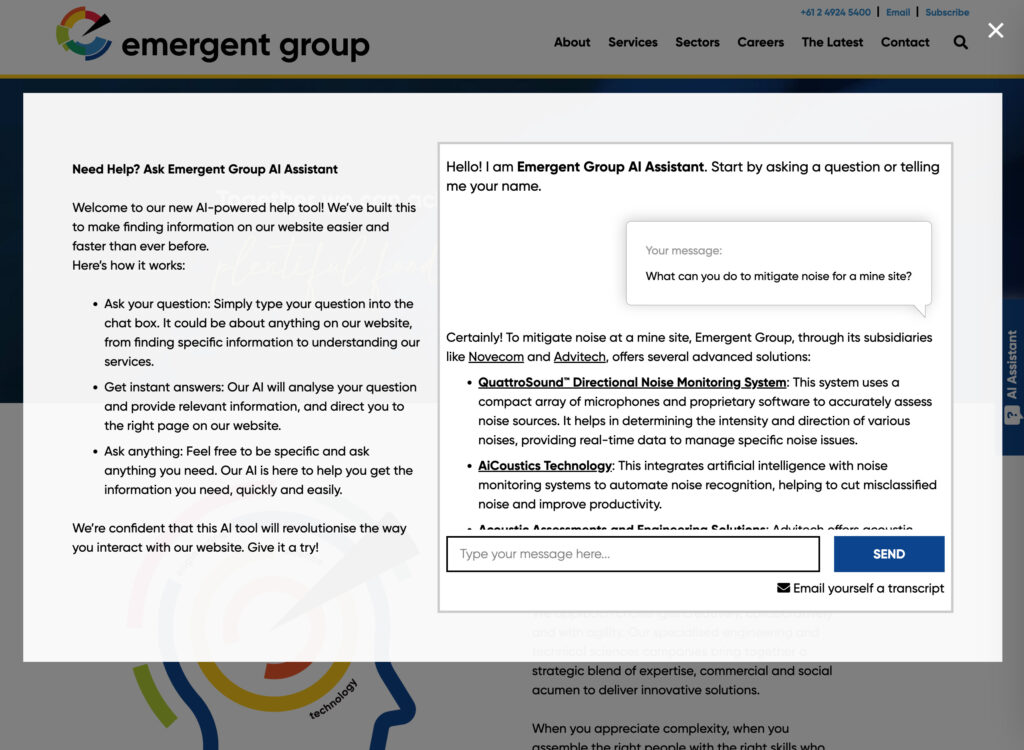It is a fact of modern life that as we browse the internet we leave a trail of footprints in the digital sand. As consumers, we face the trade-off between convenience and privacy on a daily basis. Much of our online activity is tracked with the use of cookies. Interestingly, Google is phasing out support of third-party cookies over the next couple of years to 2022. On the surface it would appear it is doing so for the protection of user privacy, however one could be forgiven for being cynical. The upshot of blocking or restricting the effectiveness of third-party cookies will severely impact the effectiveness of third-party advertising platforms. With Facebook & Instagram being the largest advertising platform that relies on third-party cookies, it can be assumed that Google is wanting to push marketers toward their own contextual marketing products.
What does all of this mean? Given it is a complicated topic, we thought we should give our readers the basics of the elements of user-tracking, remarketing, and contextual marketing.
What is a Cookie?
A cookie is a piece of code that is placed on your browser by a web server. There are two types of cookies: first-party cookie and third-party cookie.
A first–party cookie is placed by the website you are on. It can be utilised to track your movements, save login details, your preferences for browsing the site, for example, it can “remember” your last product placed in the shopping cart. This cookie is usually set up to enhance your customer experience on the website. An example of a first party cookie in action is when you visit a website in which you have previously logged in, it may “remember” you are logged in and save you from having to log in again.
A third–party cookie is placed on the website by data seekers from third party sources. It is mainly used for user tracking and online-advertising purposes. The most common of these is the Facebook Pixel. A good example of a third-party cookie is when you visit a clothing website and the same item of clothing pops up in your Facebook news feed.
What is a Facebook Pixel?
A Facebook Pixel is a piece of code that can be placed in your website’s code. It is used for tracking user behaviours and patterns on a website and send that information to Facebook. Marketers are able to use this information to profile demographics and market segments and to create Facebook ads to those website visitors. This strategy is called remarketing.
What is Remarketing?
Remarketing is the technique of serving ads to individuals who have visited your website before. A pixel or cookie tracks this behaviour, (as explained above) allowing your ad to appear to the customers who have visited your website. Engaging in remarketing will help you reach a previously interested and engaged audience and present your marketing content to them again, reminding them of your brand and offering.
What is Contextual Marketing?
Contextual Marketing is when relevant and targeted content is served to the user in the right place and at the right time. It is based on the customers current interests and interactions with your brand and their current needs. This will take away the aspect of a customer feeling like they are being invaded and tracked by their searches online. It is a tool to ensure advertising content is served in context and relevancy to the parent site content.
With contextual marketing you’re more likely to increase the number of clicks per ad, increase conversions into sales, decrease customer annoyance at ads and achieve a better return on investment.
Because third-party cookies and pixels are essential for remarketing, particularly with Facebook & Instagram, it will be interesting to see how the digital marketing landscape will change in response. We’ll keep watch on behalf of our readers and make sure we stay at the forefront of digital marketing strategies.




